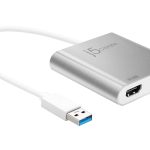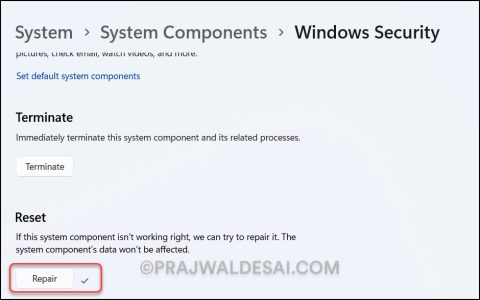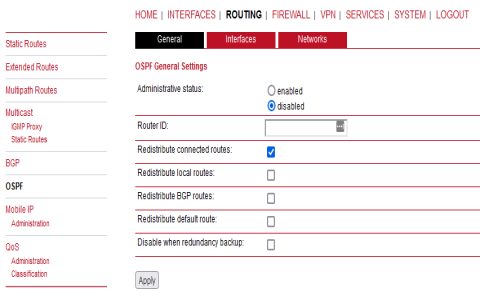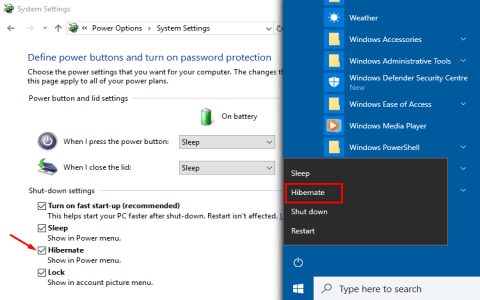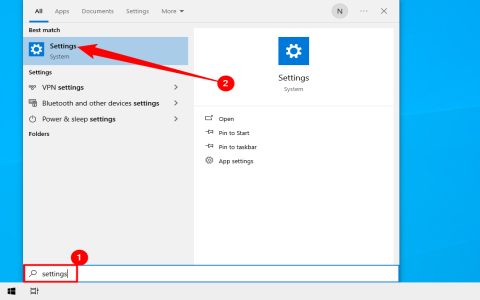EUC stands for End-User Computing, also referred to as Enterprise User Computing. It refers to systems and technologies that enable non-IT specialists to create, access, and interact with computer applications and data.
Core Concept
EUC focuses on placing the tools and capabilities for application development and data manipulation directly into the hands of the people who use them daily (the "end users"), rather than relying solely on centralized IT departments.
Key Components
- End-User Applications: Software built by non-developers, often using low-code/no-code platforms (e.g., Microsoft Power Apps, Google AppSheet).
- Access to Data: Methods allowing users to retrieve and analyze data from corporate systems (e.g., through reporting tools).
- Devices: The hardware (laptops, smartphones, tablets) used by employees.
- Virtualization: Technologies like Virtual Desktop Infrastructure (VDI) or Desktop-as-a-Service (DaaS) that deliver virtual desktops/apps.
Benefits
- Increased Productivity: Users solve problems and build solutions directly relevant to their tasks.
- Faster Innovation: Reduces bottlenecks by enabling business units to develop applications quickly.
- Improved Agility: Adapts more readily to changing business needs.
Management Importance
While empowering users, unmanaged EUC ("Shadow IT") poses significant risks:
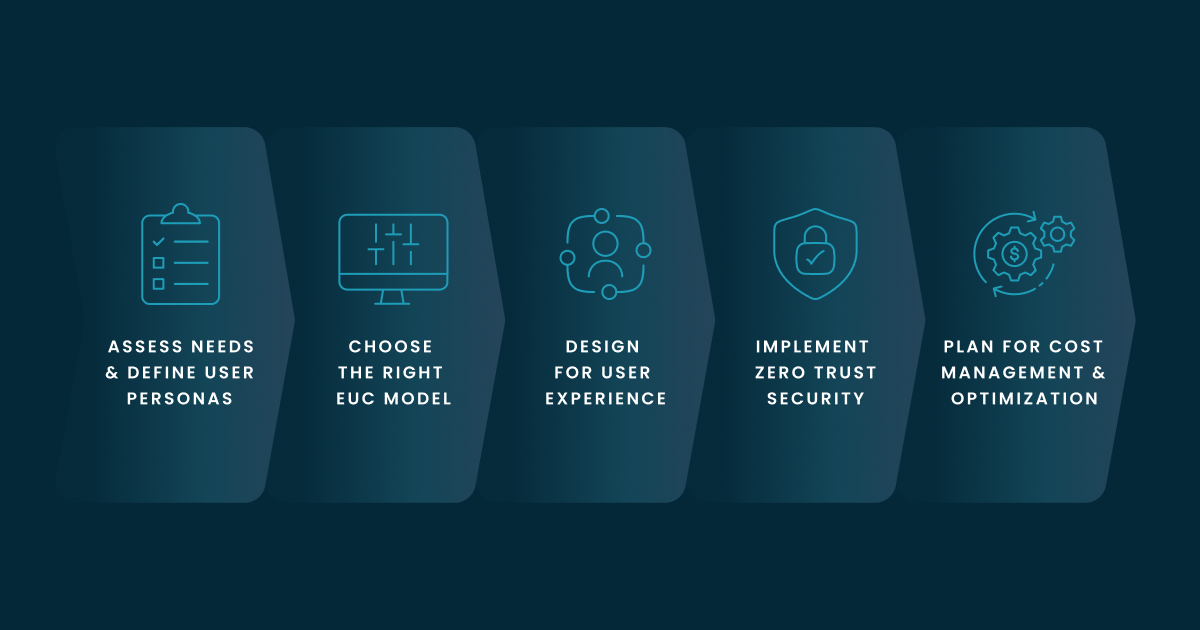
- Security Vulnerabilities: Unvetted apps/data stores can be insecure.
- Compliance Issues: May violate data handling regulations.
- Integration Challenges: Can lead to data silos and compatibility problems.
Effective EUC strategies balance user empowerment with governance, security, and support, often managed under the banner of Enterprise User Computing.





